Hi,
On behalf of the Dublin Dock Workers Preservation Society I attach details of our latest video- Dublin Dockers: It Was Not Like Working In A Factory
https://youtu.be/FPpEY3hLyug This video includes the ‘Dockers Song’ written by a docker Bill Preston and performed by Dara Yeates. We are also delighted that Cllr. Nial Ring has put down a question for the next Dublin City Council Meeting (see below). If you support our campaign we would be delighted to hear from you,
Regards,
Declan Byrne
Question put down by Cllr. Nial Ring for the next
Dublin City Council meeting 23rd July-Can the Chief Executive give an indication as to the progress of the specific objective to provide a Dockworkers Museum/Heritage Centre as specified in the The North Lotts & Grand Canal Dock SDZ Planning Scheme (Objective BH12 – inserted on foot of Dermot Lacey’s Motion passed at the Special meeting on the SDZ held in City Hall on 22nd July 2013) which commits DCC “To explore the potential
of exhibition or cultural heritage facilities in conjunction with national cultural institutes and key stakeholders to celebrate the unique maritime and industrial heritage of the Docklands Area”. This objective is further enhanced by the text in Section 4.7.3 (Inserted on foot of my Motion passed at the Special meeting on the SDZ held in City Hall on 22nd July 2013) which included the following paragraph:”There is also an opportunity to reflect and celebrate the unique coastal-riverside-canal location and the rich maritime heritage of docklands through arts and culture both at a community and citywide level. The local community along with organisations such as the Port Company and the Dublin Dockworkers’ Preservation Society, have a key role to play in unveiling the maritime heritage of the area, as well as other appropriate stakeholders”.
Padraig Yeates on June 21, 2017 | Filed Under Uncategorized | Comments Off on Paddy Nevins on working as a Docker in Dublin Port in the Day of the Read
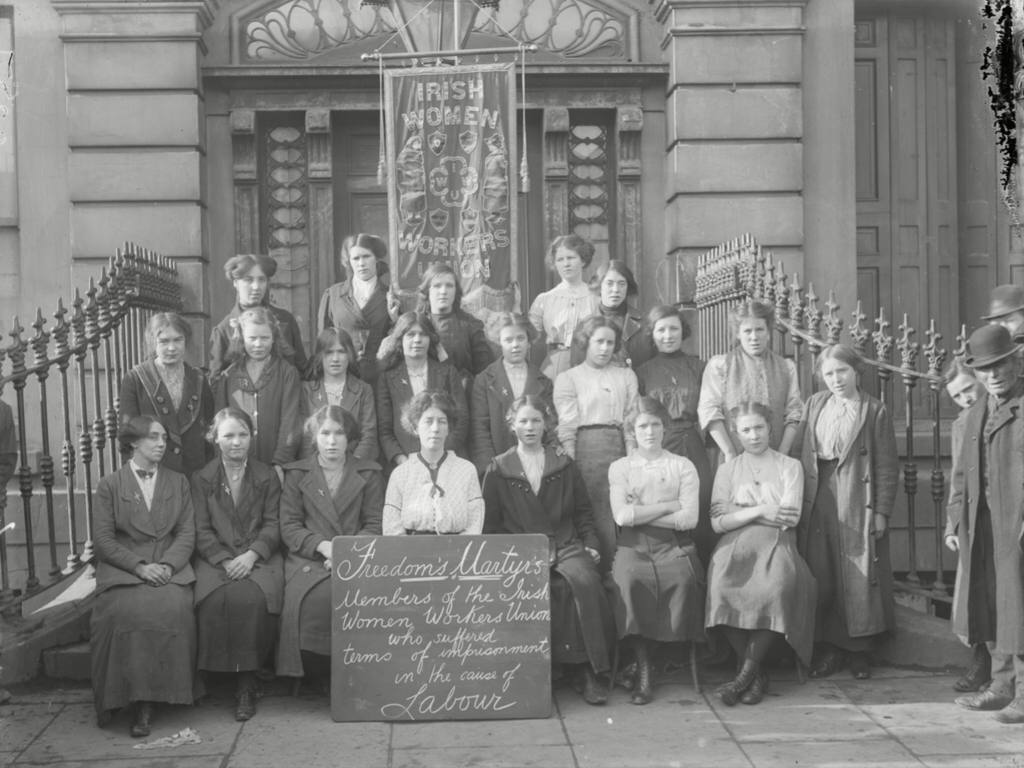
Padraig Yeates on June 8, 2017 | Filed Under Uncategorized | Comments Off on Naming the Women of 1913 – Grace Neal of the Domestic Workers Union is sitting in the front row, far left, Delia Larkin is in the middle and Molly Doyle is sixth from the left in the front row but can anyone name the others?
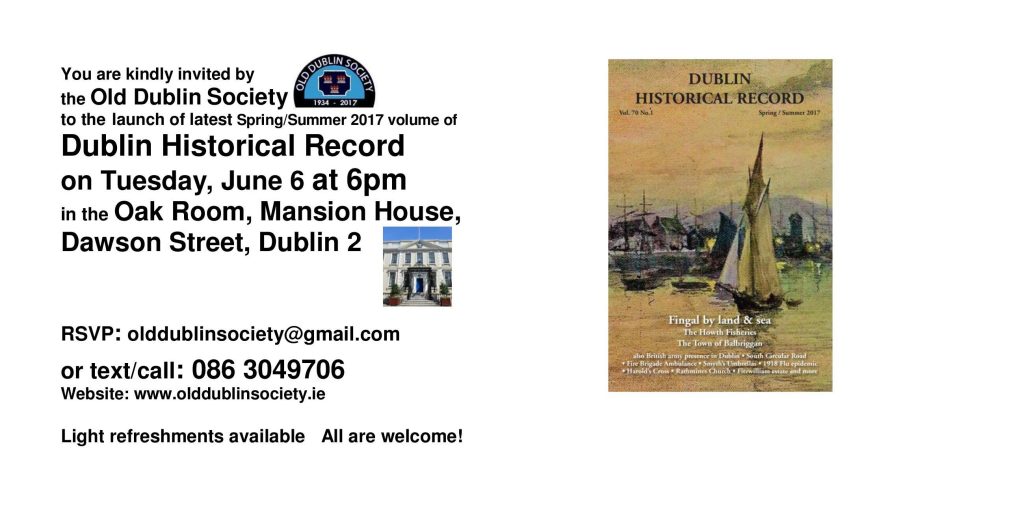
Padraig Yeates on May 31, 2017 | Filed Under Uncategorized | Comments Off on Another Year – Another Dublin Historical Record with the Focus on Fingal
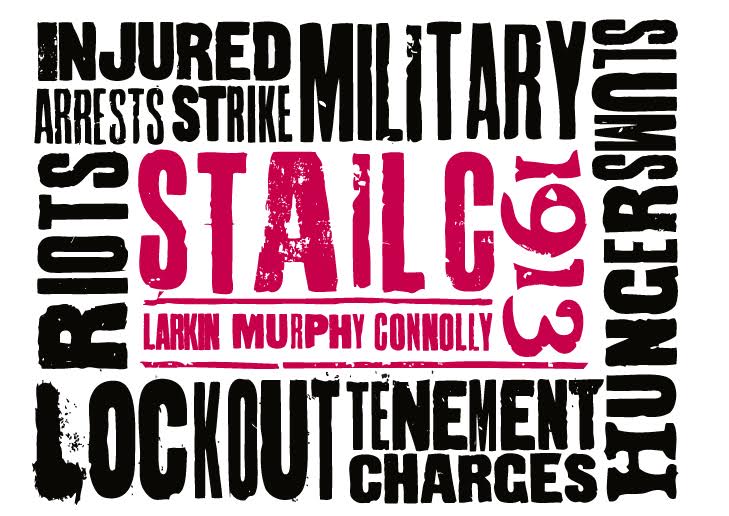
https://vimeo.com/77623543
Padraig Yeates on May 11, 2017 | Filed Under Uncategorized | Comments Off on Chance to see Des Geraghty’s Centenary take on 1913 again on TG4, 7.15pm Saturday May 13th – words, music, pictures and craic
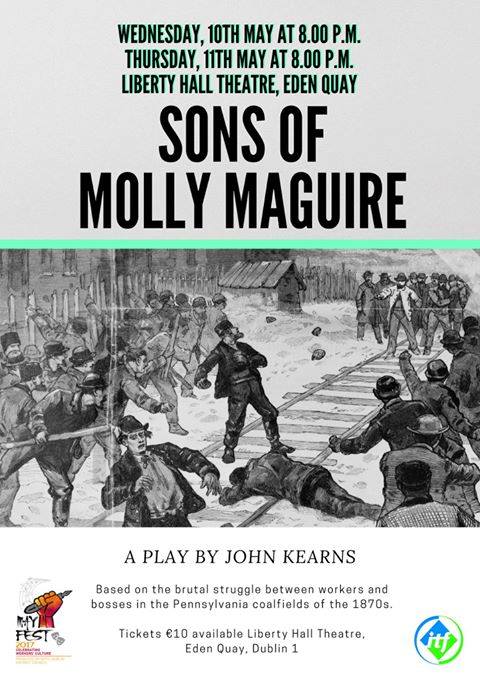
Padraig Yeates on May 7, 2017 | Filed Under Uncategorized | Comments Off on

Padraig Yeates on April 28, 2017 | Filed Under Uncategorized | Comments Off on Michael Collins – We know where you lived!
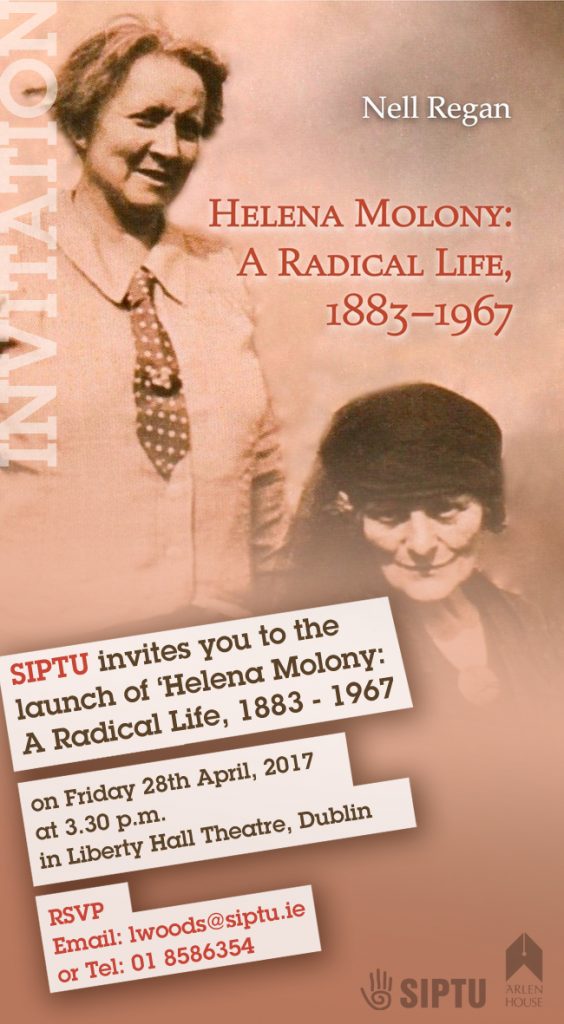
Padraig Yeates on April 20, 2017 | Filed Under Uncategorized | Comments Off on Major biography to be launched of heroine of Irish revolution in Liberty Hall, April 28th, 3.30 pm
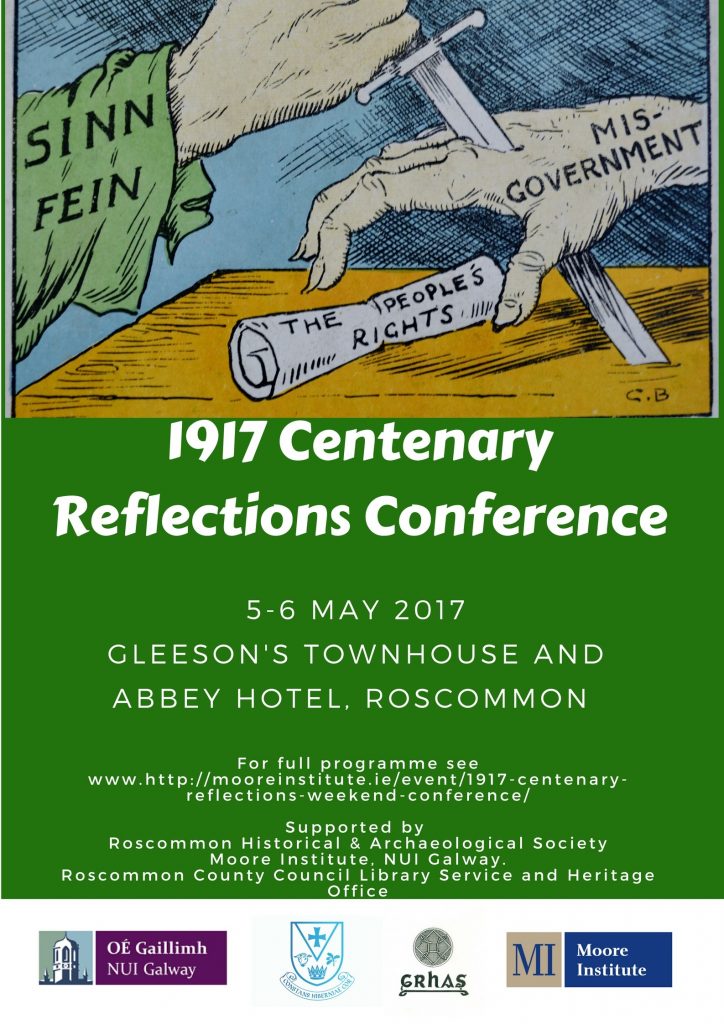
Click on Link for Programme
http://mooreinstitute.ie/event/1917-centenary-reflections-weekend-conference/
Padraig Yeates on April 17, 2017 | Filed Under Uncategorized | Comments Off on Roscommon in 1916 and Beyond
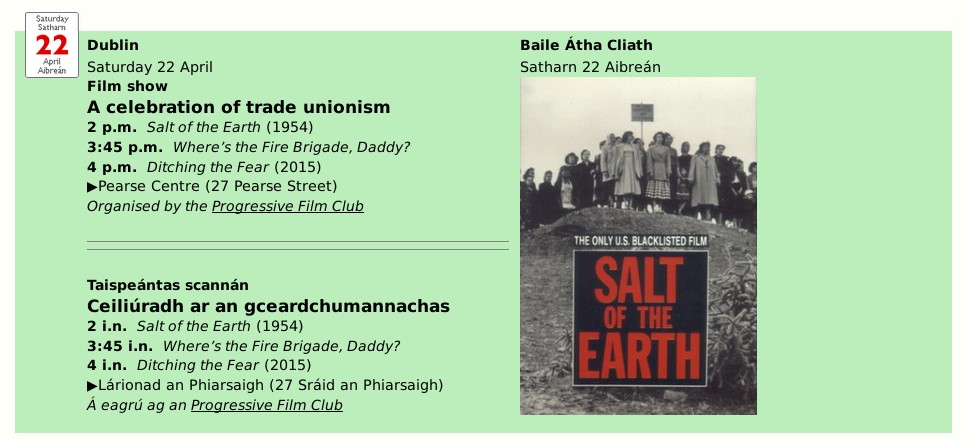
2pm: Salt of the Earth (1954) – 93mins Director: Herbert Biberman
Blacklisted by Hollywood this film set in Zinctown, N.M. uses a combination of actors and non-professionals to tell a great story. Sparked by a mine accident, the workers, mostly Mexican Americans, go on strike. Safety is the issue, but is inextricably linked with racial discrimination as Anglo miners work in pairs, while Mexican Americans are forced to work alone. It is only through solidarity , and importantly the indomitable resolve of their wives, mothers and daughters, that the miners eventually triumph. One of the great union films, it is also a celebration of male-female solidarity. Co-produced by the International Union of Mine, Mill and Smelt Workers, Salt of the Earth was assembled under conditions of extreme duress by a group of Hollywood expatriates, all victims of the Blacklist.
3.45pm: Where’s the Fire Brigade Daddy? – 8mins: Well Red Films
Interesting short, looking at the future of public services. In a first-floor flat in any British town or city a fire is raging. This film follows events, in a tongue-in-cheek fashion, when the victims try to contact the fire services.
4pm: Ditching the Fear (2015) – 80mins:
Directors: Rosa Cannone/Johanna Schellhagen
Since 2008 in northern Italy, unusual things have been happening. Companies, the political class and the media are using the onset of the crisis to further undermine workers’ rights. On the other side, a lively and strong resistance has been forming at the bottom end of the wage scale. Warehouse workers in Italy have managed to turn the tables on the bosses and engage in more offensive struggles – in a new sector (logistics) whose emergence itself was closely connected to capital’s attack on the old workers’ strongholds through dispersion of production. The workers involved are mostly (male) migrant workers, largely from North, East and sub-saharan Africa and India. Migrant workers are usually blamed for the downward trend in wages and as such, are easily scapegoated for the ills of capitalist crisis.
Padraig Yeates on April 8, 2017 | Filed Under Uncategorized | Comments Off on Progressive Film Club Saturday 22nd April 2017 Venue: The Ireland Institute, The Pearse Centre, 27 Pearse Street, Dublin 2 Admission (as always) is free of charge.
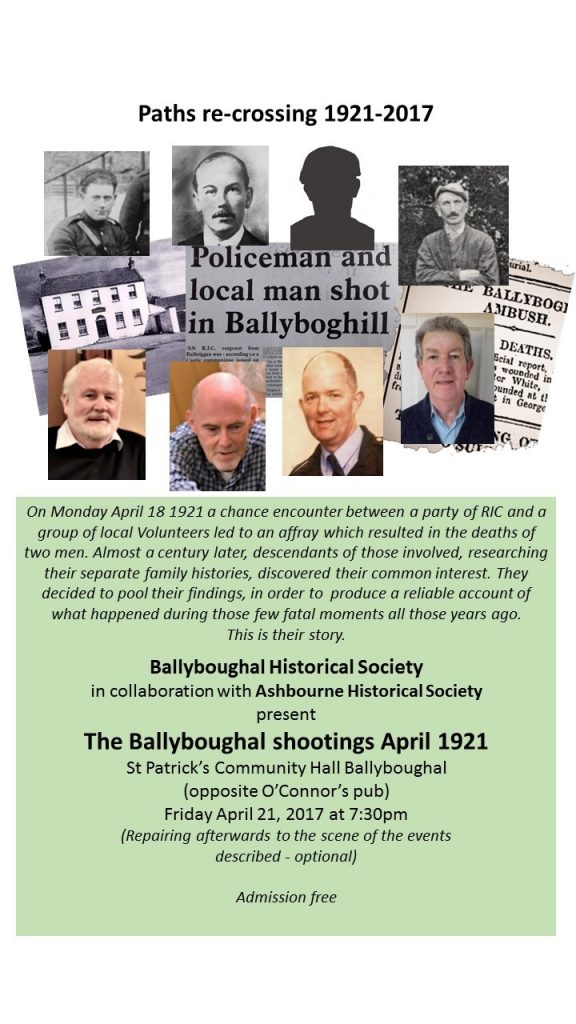
Padraig Yeates on April 3, 2017 | Filed Under Uncategorized | Comments Off on Descendants of gun battle in North County Dublin between IRA and RIC try to piece together what happened
